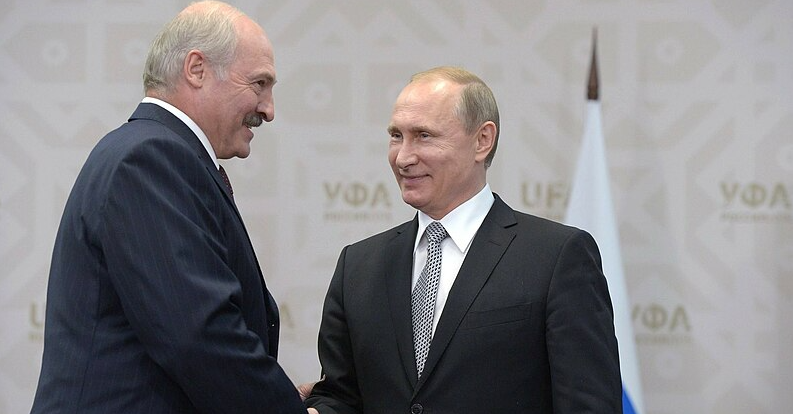Chinese Media Puzzled by Lukashenko’s Immediate Shift to Sino-Russian Relations.
Others are reading now
Belarusian President Alexander Lukashenko’s unusual behavior during Russian President Vladimir Putin’s arrival in Minsk has caught the attention of Chinese media.
The event, which marked the second face-to-face meeting between the leaders this month, was scrutinized for Lukashenko’s display of respect and the topics broached upon Putin’s arrival.
An Unexpected Welcome
The presidents of Russia and Belarus met in Minsk for significant talks, with Lukashenko personally greeting Putin at the airport late in the evening.
According to the Chinese outlet Baijiahao, this act alone was noteworthy.
Also read
However, it was Lukashenko’s subsequent comments that truly surprised observers. As Putin disembarked, Lukashenko immediately brought up China, a deviation from the expected formalities.
Breaking the Ice with China
Baijiahao analysts highlighted the brief but telling exchange between the leaders at the airport.
Lukashenko humorously remarked on the customary nighttime timing of their meetings before swiftly shifting the conversation to China.
This move was unexpected, as the leaders had barely exchanged pleasantries when Lukashenko mentioned China, signaling his eagerness to discuss Sino-Russian relations.
Intrigue Over Sino-Russian Talks
Lukashenko’s quick pivot to China after welcoming Putin hinted at his keen interest in the outcomes of Putin’s recent trip to Beijing.
Chinese journalists noted that Lukashenko seemed eager to understand the implications of Putin’s discussions with Chinese leaders for Belarus, given its close alliance with Russia.
The Belarusian president’s curiosity was likely fueled by the strategic importance of China’s relationship with Russia and how it might impact Belarus.
Positive Remarks from China
In response to Lukashenko’s inquiries, Putin mentioned that Chinese leaders had spoken highly of him.
This revelation added another layer to the intrigue, as it suggested a favorable view of Lukashenko in China, possibly influencing Belarus’s diplomatic strategies.
Chinese journalists surmised that Lukashenko was probing to gauge the benefits or challenges Belarus might face due to strengthened Sino-Russian ties. As an allied state, Belarus is directly affected by Russia’s foreign relations, and understanding these dynamics is crucial for its own geopolitical positioning.


